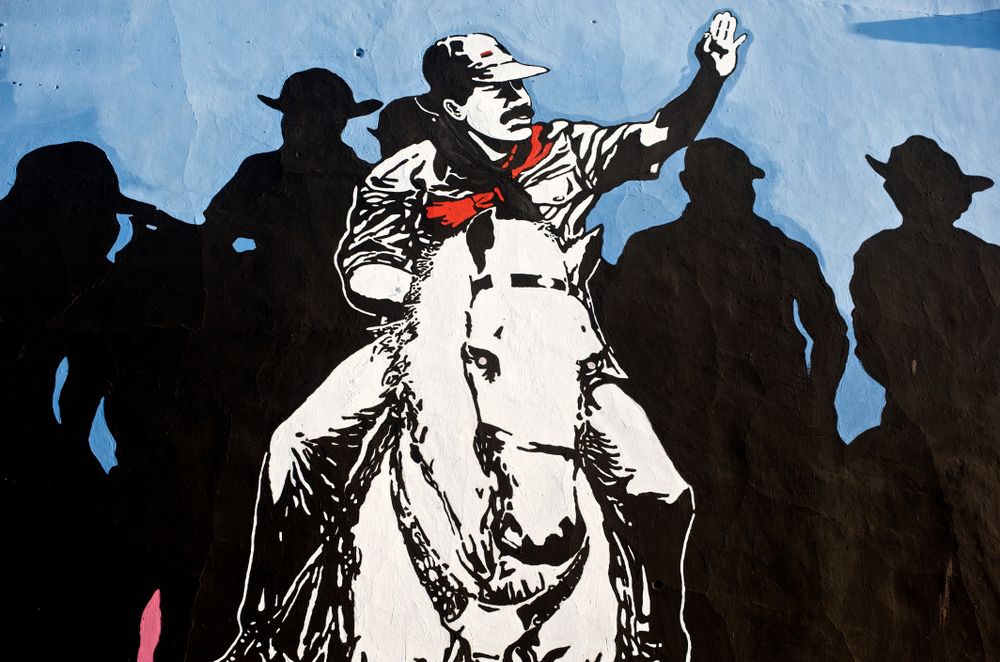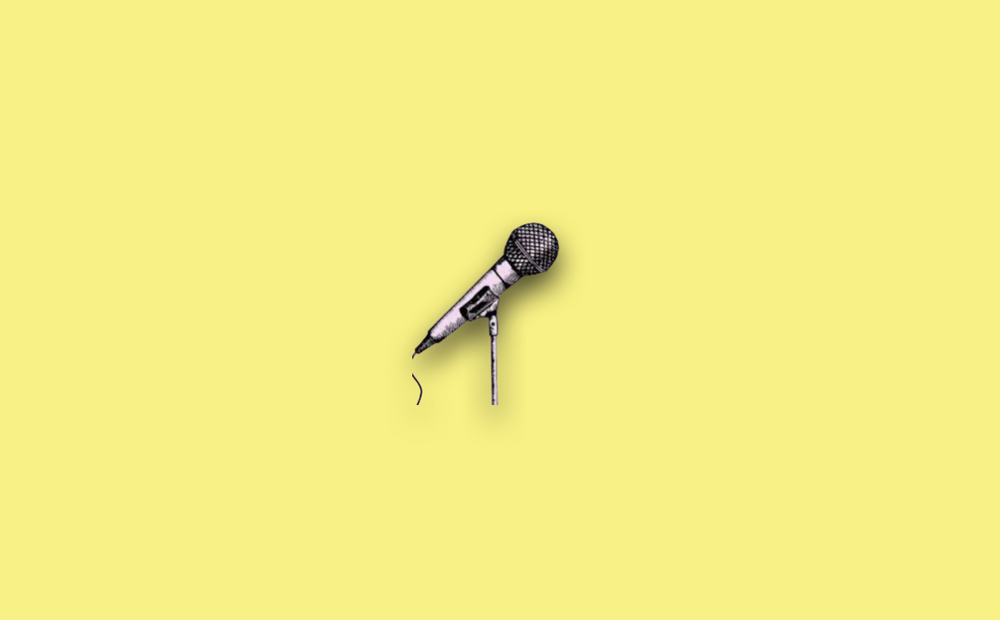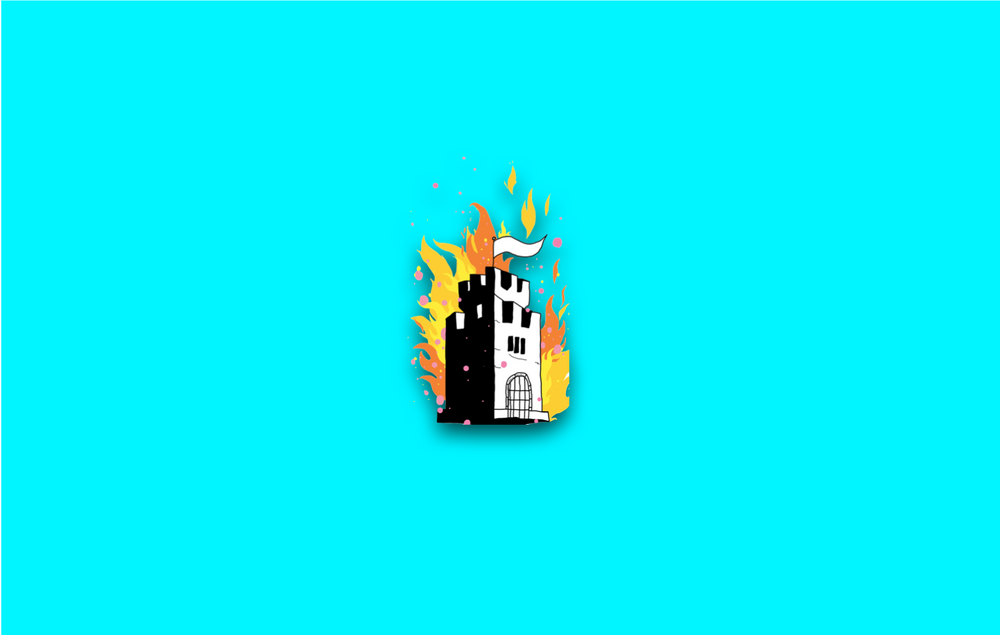Community is a popular topic today. This makes sense as it's become a stand-in for identity. You are no longer gay, Jewish or Hispanic. Instead, you're a member of America's LGBTQ, Jewish or Hispanic community. We inhabit these communities psychologically since they serve to locate us in a place of meaning.
This is a significant shift in what community signifies. In the past, and still today in most of the world, you didn't live in a community; you lived as a community. Not just identity, but the carrying out of your life, day-to-day and on a broader trajectory, only made sense as part of the community.
These as-communities (to distinguish from in-communities) don't exist to define the individual. Rather, they sublimate the individual. They protect the individual from the harsh conditions of a psychologically naked existence. They confer safety, security, meaning and, most of all, purpose.
It's not a coincidence that what the most zealous denizens of in-communities seem to lack are precisely those factors that as-communities provide. With the breakdown of as-communities in parts of the West but certainly in the US, individuals are seeking shelter in communities. They're asylum seekers of the soul who find at least a semblance of stability in the psychological refugee camps that in-communities represent.
It's almost unthinkable for an in-community inhabitant to transition to live as part of an as-community. The epistemological and behavioral commitments are too great to conceive. The sacrifice made in the form of reducing personal identity is seems like a kind of death.
But this is mistaken. The Jewish tradition has a term "tzimtzum," which refers to the shrinking of the self required to make space for the other. We undergo tzimtzum when we commit to marriage, or a romantic partner. We do it again when we bring a child into the world. But it's not a mere human quality. God Himself had to undergo tzimtzum, at least in a metaphorical sense, to make room for Creation.
Tzimtzum is preceded by chaos, the tohu va'vohu of creative destruction. That's what we're experiencing today. For the past thirty years (though probably longer) American identity has gone through an "unbundling." It's now going through a radical bundling, in the form of emergent identity groups like Antifa, BLM, Proud Boys, crypto, and the Christian awakening.
Which of these new bundles is sustainable in the long term will be dictated by the group's ability to function as an as-community, rather than an in-community, without falling into the trap of cultism. That's a high bar, since the commitment is nearly total yet the need to maintain the individual's sense of self and personal meaning has to remain sacrosanct.
What's clear is that despite the buffeting of an identity maelstrom, as-communities will be able to protect themselves, psychically as well as physically, while in-communities will fall away, in many cases taking their members with them.





Join the conversation.